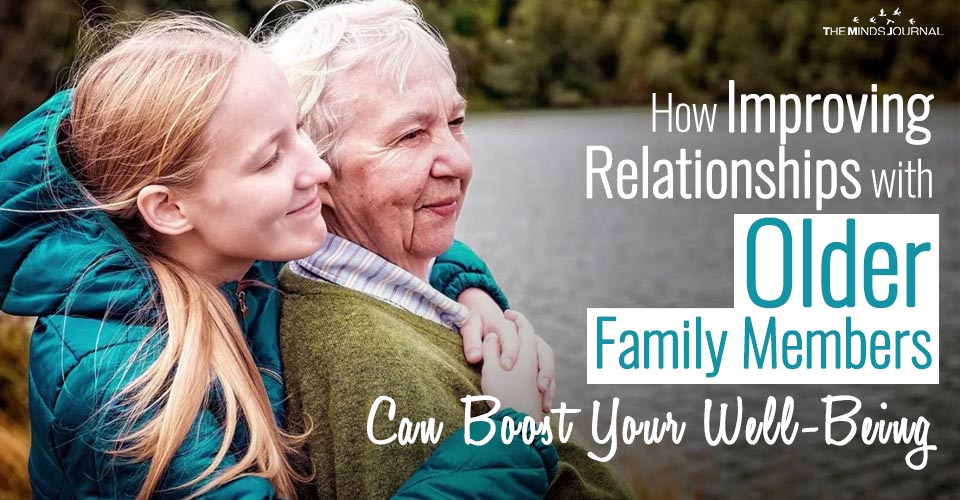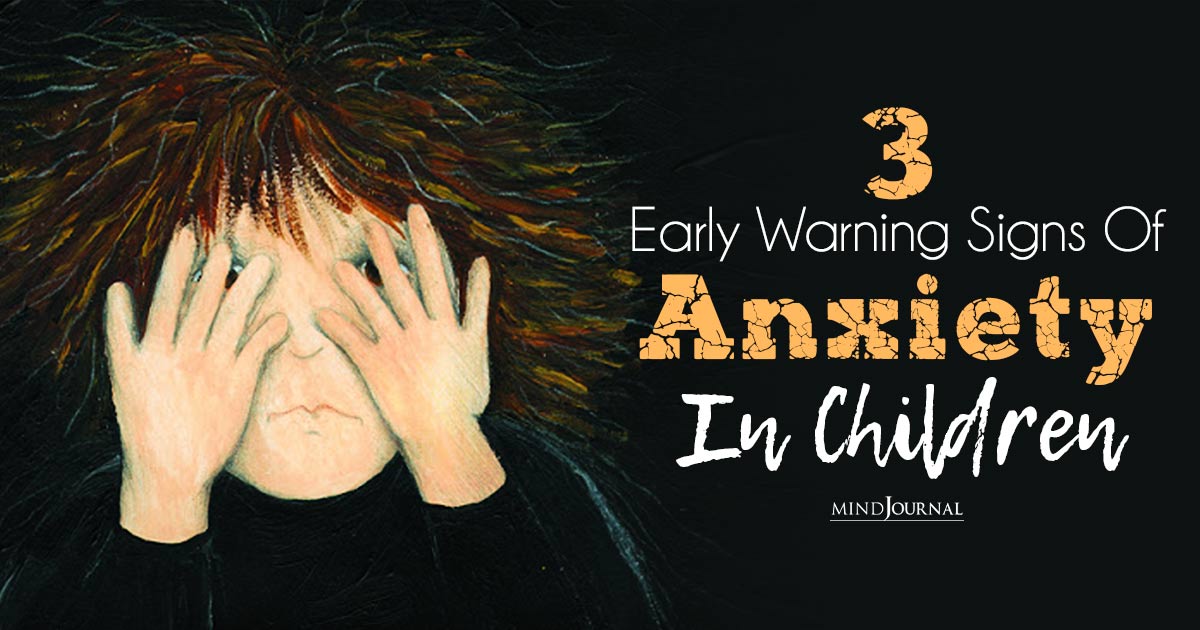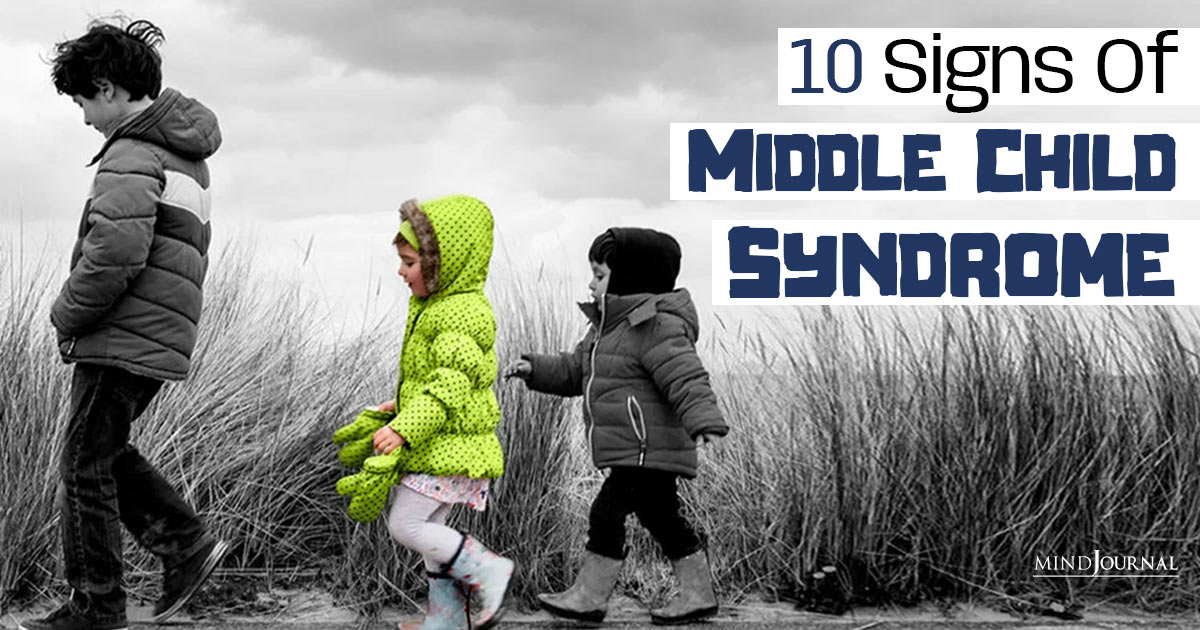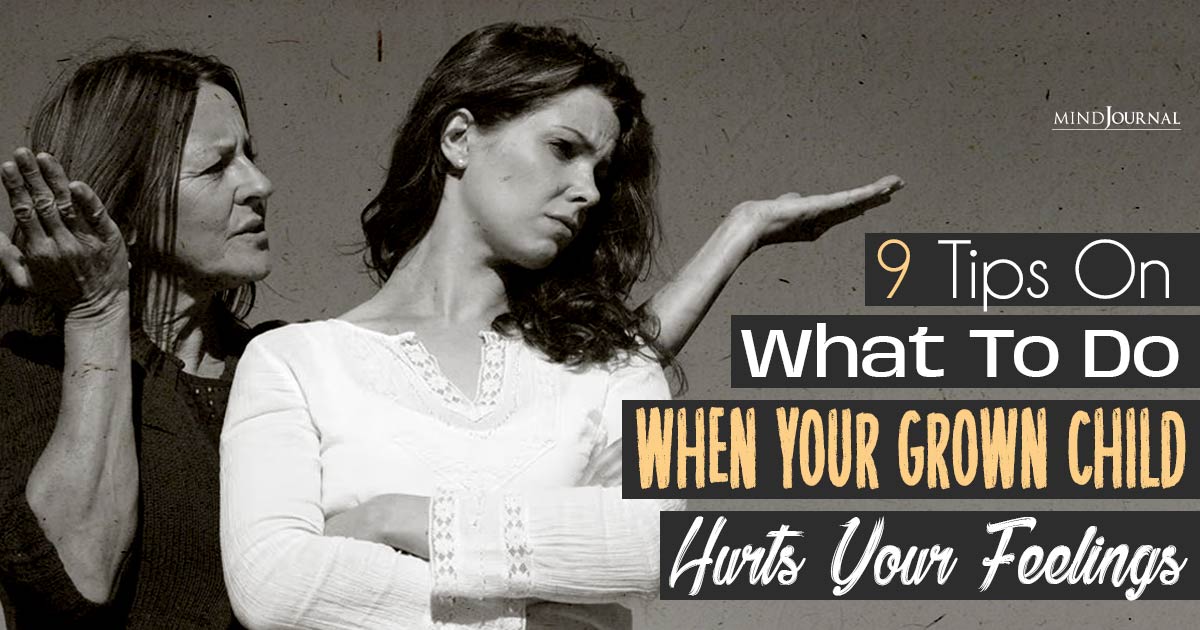We all love our parents. That’s a given. But maintaining a strong and healthy relationship with older family members can sometimes be a challenge. However, studies have found that strengthening family bonds can not only help children develop valuable social skills, it can also encourage good behavior in children, improve parent-child communication, boost their academic performance and improve self-esteem among family members. Here’s why you need to focus on rebuilding relationships with your family members and parents…
“It is not flesh and blood but the heart which makes us fathers and sons.” – Johann Schiller
It is no secret that the bonds between parents and children can have a positive effect on physical and emotional health. But often we fail to consider the impact that similar bonds with other older family members can have on our lives and well-being.
From a young age, we may be told to respect our elders and spend quality time with extended family. But what are the real benefits of strengthening these relationships? Is there more to the picture? According to research, the answer is yes.
The Benefits of Strong Relationships With Older Family Members
A recent study on children and teens in England showed that those who had strong relationships with their grandparents were less likely to exhibit emotional and behavioral problems. This influence is most evident when the grandparent/ grandchild relationship complements a close relationship between parents and children.
But the benefits of these relationships are two-fold. For an older family relative, a connection to younger generations exposes them to new ideas and activities. This physical and mental stimulation can slow the rate of cognitive decline, improve physical health, and increase longevity.
An Australian study found that grandmothers who watched their grandchildren on a regular basis performed better on cognitive tests than those who did not have regular contact with grandchildren.
It appears that the benefits of close relationships with older family members even extend to adult grandchildren. One study even found that grandparents and adult grandchildren who were emotionally close were each less likely to experience depressive symptoms.
“Our parents deserve our honor and respect for giving us life itself. Beyond this they almost always made countless sacrifices as they cared for and nurtured us through our infancy and childhood, provided us with the necessities of life, and nursed us through physical illnesses and the emotional stresses of growing up.” – Ezra Taft Benson
Now that you know some of the more tangible benefits, here are five reasons why you should consider devoting extra attention to strengthening your relationship with your older family members.
1. Older Family Members Are a Resource for Life Wisdom
Most of us seek advice from friends when we face an uncertain situation. All too often, we fail to think about getting advice from our older family members whose lives are comprised of successes and failures woven into a rich tapestry of life lessons.
Whatever circumstance you may be facing, there is a good chance that your older family member has lived through something similar and can offer first-hand advice to help you navigate the road ahead.
“Parents lend children their experience and a vicarious memory; children endow their parents with a vicarious immortality.” – George Santayana
2. Understanding Our Roots Gives Us a Sense of Belonging
Strong family bonds that span multiple generations strengthen our core identity and feed our innate desire for connectedness and belonging. Studies show that young children who have a strong sense of social grounding are better able to withstand challenging experiences, such as bullying or the breakup of their parents’ marriage.
Finding out more about who you are and where you come from can provide you with a sense of control over your life when things might otherwise seem hopeless.
3. Learning About the Resilience of Our Ancestors Can Help Us Face Our Own Challenges
Stories of triumph over adversity can be found in every generation. These stories of survival through war, overcoming racial and religious persecution, and other hardships can be a source of comfort and inspiration as you face your own challenges. When you talk to your loved one about the defining events in their lives, be sure to delve beyond the basic names, dates, and places by asking them what they learned from the event or how it impacted the course of their life.
4. Close Ties With Older Family Members Can Increase Our Sense of Compassion
“We never know the love of a parent till we become parents ourselves.” – Henry Ward Beecher
Getting to know an older family member on a deeper level provides you with insight into their quirks and flaws as well as the challenges that they have faced at various points in their life, which can deepen your compassion and make you a more effective caregiver.
5. Strong Relationships With Other Generations Make Us Better Members of Society
The skills of compassion, empathy, and resilience that we learn and cultivate through our relationships with our grandparents and other older family members translate to other aspects of our lives.
Here are some examples of how these strong relationships with older family members are beneficial:
- Through these relationships, we are better able to communicate and develop intimacy with others in our lives.
- Intergenerational relationships can help us define our core life values so that we can live our lives with greater purpose and fulfillment.
- Our relationships with prior generations help us to grasp how interconnected we all are.
Ways to Strengthen Your Bond With Your Older Family Member
“Families are the compass that guides us. They are the inspiration to reach great heights, and our comfort when we occasionally falter.” – Brad Henry
It can be easy to neglect relationships with our grandparents as we become adults. Work, other family obligations, and geography can make regular contact difficult; however, there are some steps that you can take to ensure that the bond remains strong.
1. Intentionally schedule contact with your older loved one. This can be a regular weekly lunch date or a phone call or video chat if you live across the country.
2. Tell older family members how much you value and appreciate them. They may already know it, but it is still good to hear it.
3. Ask for their advice or help with a problem or project. They will feel needed, and you will learn something in the process.
4. Show an interest in their lives and what they are doing. For example, if they mention that their church or club is having a rummage sale or fundraiser, surprise them by stopping by or making a donation.
5. Surprise them with an unexpected act of kindness. This can be a small act such as mowing their lawn or offering to pick up groceries and it is an easy way to show that you are thinking of them.
6. Remember that not every visit with your loved one has to be a major family event or reunion. Invite your loved one to join you during the ordinary moments of your life. Some of the best conversations can occur during a car ride to the market or a stroll around the block.
Fostering a relationship with an older family member is like tending a garden. It takes time, patience, and planning. In the end, however, your efforts will provide you with what may be the most dependable and rewarding relationship that you can ever hope to have.
Here’s an interesting video that you may find helpful:
“One of the greatest titles in the world is parent, and one of the biggest blessings in the world is to have parents to call mom and dad.” – Jim Demint
Family is the core of our being. Good family relationships empower us to reach our potential and live a meaningful and happy life. There are numerous people across the world who aren’t lucky enough to enjoy the privilege of having a family. So appreciate the love you have. Appreciate your parents and grandparents and work towards reconnecting with them.
Understand that your children will learn from your example. By putting a higher value on your family, you will send a strong positive message. By managing time, engaging in fun activities and spending quality time with your family, you show your children what is important in life and that you respect your family as a unit and every member individually. This is perhaps the greatest lesson you can teach your children – how making your family a priority and strengthening family bonds can make you truly happy from inside.
Written by Dr. Tchiki Davis
Originally appeared on Berkeley Well-Being Institute
You may also like:
How Working Dads Can Support Working Moms To Build A Closer, Stronger Family
How Your Family Shapes You And Your Adult Relationships
Build Strong Family Connections by Speaking Love Languages
4 Ways Parents Can Balance Couple Time and Family Time









Leave a Reply
You must be logged in to post a comment.